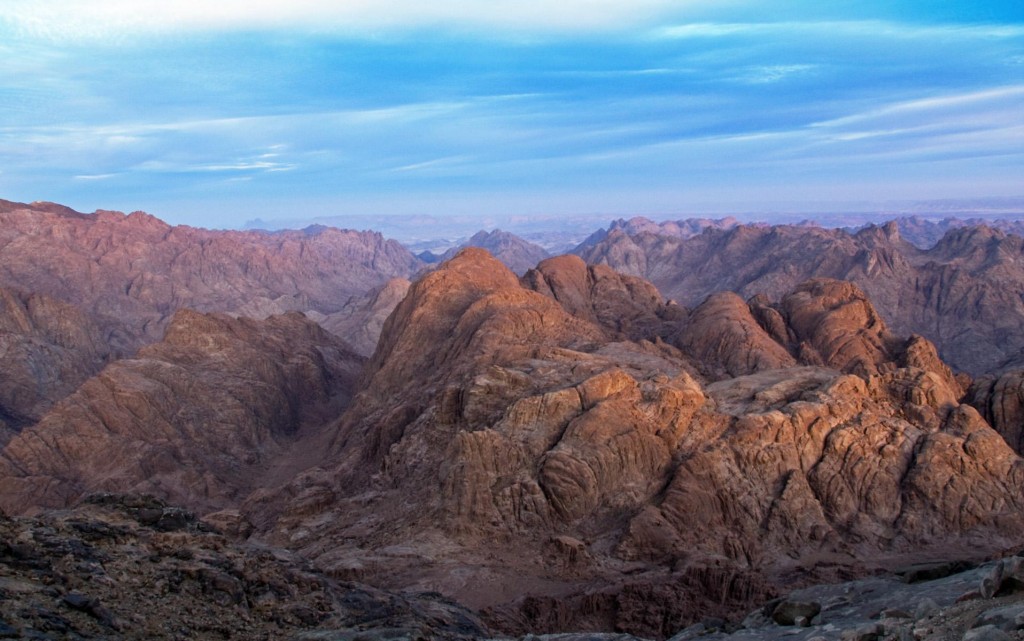The Power Of Free Choice

After centuries of bondage, the poor Israelite slaves emerge victorious and triumphant over their Egyptian taskmasters. Making their way through the desert, they approach Mount Sinai and the ultimate purpose of Creation, where the lowest of the low rise to become God’s chosen people.
Moses delivers God’s question to the Hebrews: “Will you accept the Torah and thereby become a treasure among the nations?” They answer, “All that God has spoken, we will do.” Moses then brings the people’s reply to God and God informs Moses that He will appear to him and the people will hear what He says. But then we read one of the most puzzling verses in the Torah: “Moses relayed the people’s reply to God” (Exodus 19:9). But Moses had already relayed the people’s response to God; we don’t find that God asked the Jewish people any further questions!
Rebbe Nachman explains what transpired behind the scenes. When the Jews replied, “All that God has spoken, we will do,” they were actually objecting to God’s question. “If God tells us outright what to do, how can we possibly maintain our free will? We will have to do it,” they said. This was the question that Moses presented before God.
God responded that He would appear to Moses specifically and address the commandments to him alone. The Jewish people would hear them only as bystanders, thus retaining an element of freedom of choice.
But then Moses asked, “What about my free choice?” When “Moses related the people’s reply to God,” says Rebbe Nachman, he was repeating the Jewish people’s objection, but this time about himself!
God answered by giving Moses an opportunity to use his free will. God said, “Go to the Jewish people and sanctify them today and tomorrow” (and then the Torah would be given). Moses decided on his own that two days of preparation weren’t enough, and commanded the Jewish people to add a third day (see Shabbat 87a for Moses’ calculation). God agreed with Moses’ decision. Remarkably, this means that the giving of the Torah was contingent on Moses’ free choice—and had Moses not added the extra day, the Jewish people would not have had the necessary level of holiness to receive the Torah!
Our lives today are no different than those of our forefathers. Although we have already received the Torah, and hundreds of thousands of pages of commentary have been written on it, God’s will is still very much hidden from us. For example, which mitzvah should I do now? Should I study Torah or do an act of kindness? Not only this, but I have many problems. Where does the Torah point to the exact solution for my issues? In order to find our individual paths within Judaism, we need to attach ourselves to the proper teacher/Tzaddik—we need to find our Moses. All of this has to be done on our own and is not explicitly specified.
How do we go about this? Just as the Torah alludes to the hidden exchange between God, Moses and the Jewish people, if we concentrate on our eternal purpose, and truly yearn for the absolute truth, we will discover the hints along the way that lead us to our own personal “giving of the Torah.” Amen.
Based on Likutey Moharan I, 190; Likutey Halakhot, Birkhot HaShachar 5
A Gutn Shabbos! Shabbat Shalom!